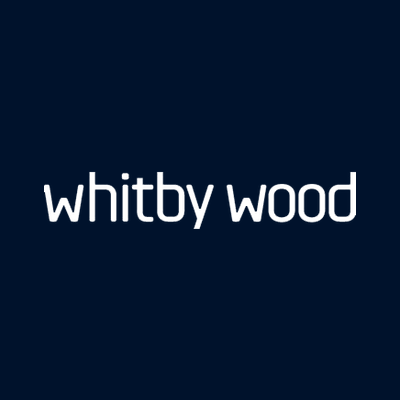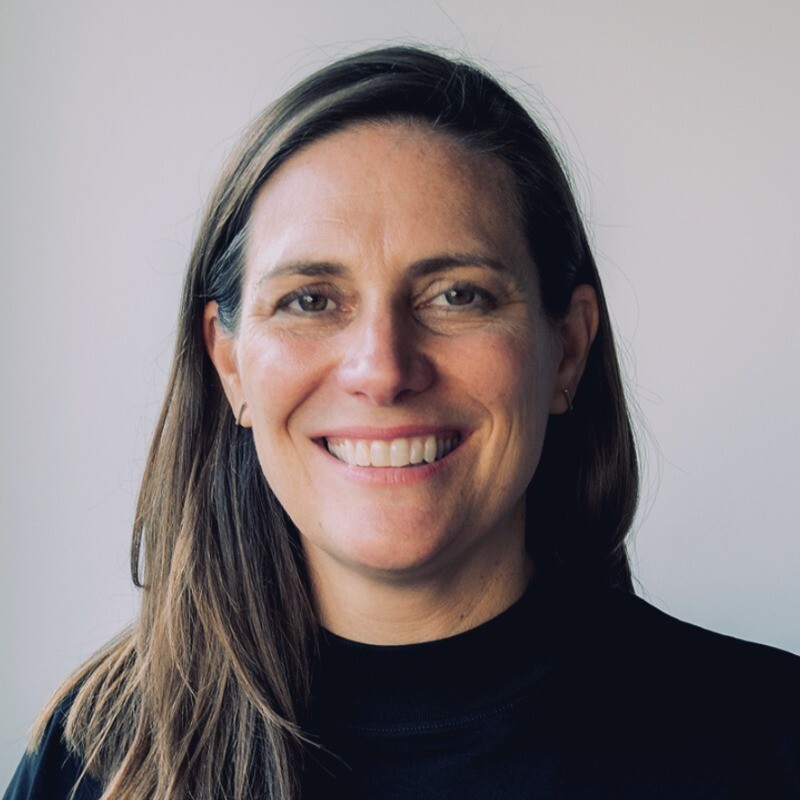
Communicating with Purpose: Whitby Wood’s Anti-Greenwash Strategy.
Signatory: Whitby Wood
Signatory Number: 10
Sector: Engineering Design
Signatory since: 2025
👉 Green Claims Policy
Interviewee: Stephanie Cobb


In a built environment sector flooded with sustainability claims, engineering consultancy Whitby Wood stands out—not for volume, but for rigour. When the UK company signed The Anti-Greenwash Charter, it wasn’t just box-ticking; it was an extension of a deeper cultural shift. “We wanted to hold ourselves to account,” says Stephanie Cobb, Head of Marketing.
“Joining the Charter was about aligning our communications with the highest standards and showing we’re serious about clarity, evidence, and trust.”
About Whitby Wood
Operating globally from hubs in the UK, Singapore, India, Serbia and the UAE, Whitby Wood is a design-led, people-first engineering consultancy. Its mission? To help clients create urban environments where people and communities thrive. But underpinning that is a clear internal drive: to embed sustainability and integrity across every layer of the business.
“Sustainability is no longer just part of our projects—it’s part of how we operate,” says Stephanie. “We’ve made strategic changes over the past year to integrate it across working practices, knowledge-sharing, and governance.”
The company’s UK carbon emissions targets are already validated by the Science-Based Targets initiative, and sustainability knowledge flows across its international teams via internal meetups, live discussions and data-driven procedures.
Why Join The Anti-Greenwash Charter?
While Whitby Wood already had strong foundations, joining the Charter provided something essential: visibility and structure.
“It’s a way of packaging up everything we’ve been doing—and showing staff and clients there’s a framework and a process behind it,” Stephanie explains.
Beyond that, the Charter offered an answer to a challenge many in the industry recognise: the erosion of meaning in sustainability language.
“The inconsistency in how terms are used makes greenwashing easier to get away with. The Charter has helped us interrogate how we use language—and clarify what we mean.”
Early Impact: Internal Alignment, External Readiness
The benefits weren’t just philosophical—they were practical.
-
Whitby Wood developed and published a Green Claims Policy, supported by a clear internal communications rollout.
-
The team ran training for all staff—so everyone, from engineers to marketers, knew where to find the policy and how it shaped communications.
-
Editorial practices were updated, with specific refinements to style guides, social media protocols, and the use of language, colour and stock imagery.
“It’s already prompted change. People know where to look, and they’re having conversations they weren’t having before,” says Stephanie.
While it’s early days, she sees the Charter as a long-term investment in building trust and reinforcing governance—especially valuable in a fast-paced consultancy environment.
Measuring Integrity, Not Just Impact
As of the interview, formal metrics to measure the Charter’s impact weren’t yet in place—but ideas are emerging. Stephanie envisions integrating relevant prompts into client feedback, stakeholder surveys, and even recruitment processes.
“A simple question—did our commitment to responsible communications influence your decision to work with us?—could spark awareness and give us valuable insight.”
She also notes the opportunity for the Charter to become a brand differentiator not only for clients, but for talent.
Advice for Others
Stephanie’s advice is clear:
“Do it. Use it to interrogate your practices and be recognized—for integrity, not just ambition. It’s not about being perfect on day one. It’s about committing to better.”
The Bigger Picture: A Sector in Transition
Stephanie also flags the evolving challenge of AI in sustainability comms—particularly when it comes to illustrations, oversimplification, or automated copy editing.
“Even when using AI just to polish language, we’ve started asking: do we need to declare this somewhere? It’s a reminder that human oversight is still vital.”
Final Word
For Whitby Wood, joining The Anti-Greenwash Charter was less of a new initiative and more of a milestone—one that validates what’s already happening and points toward what’s next.
“It’s helped us build structure around our principles,” Stephanie reflects. “Because trust isn’t something you just say. It’s something you document, train for, and prove.”
Ready to Be Recognised as a Responsible Communicator?
Join The Anti-Greenwash Charter and position your organisation as a leader in responsible, transparent communications. Take the next step today and start your journey toward greater accountability and trust.
